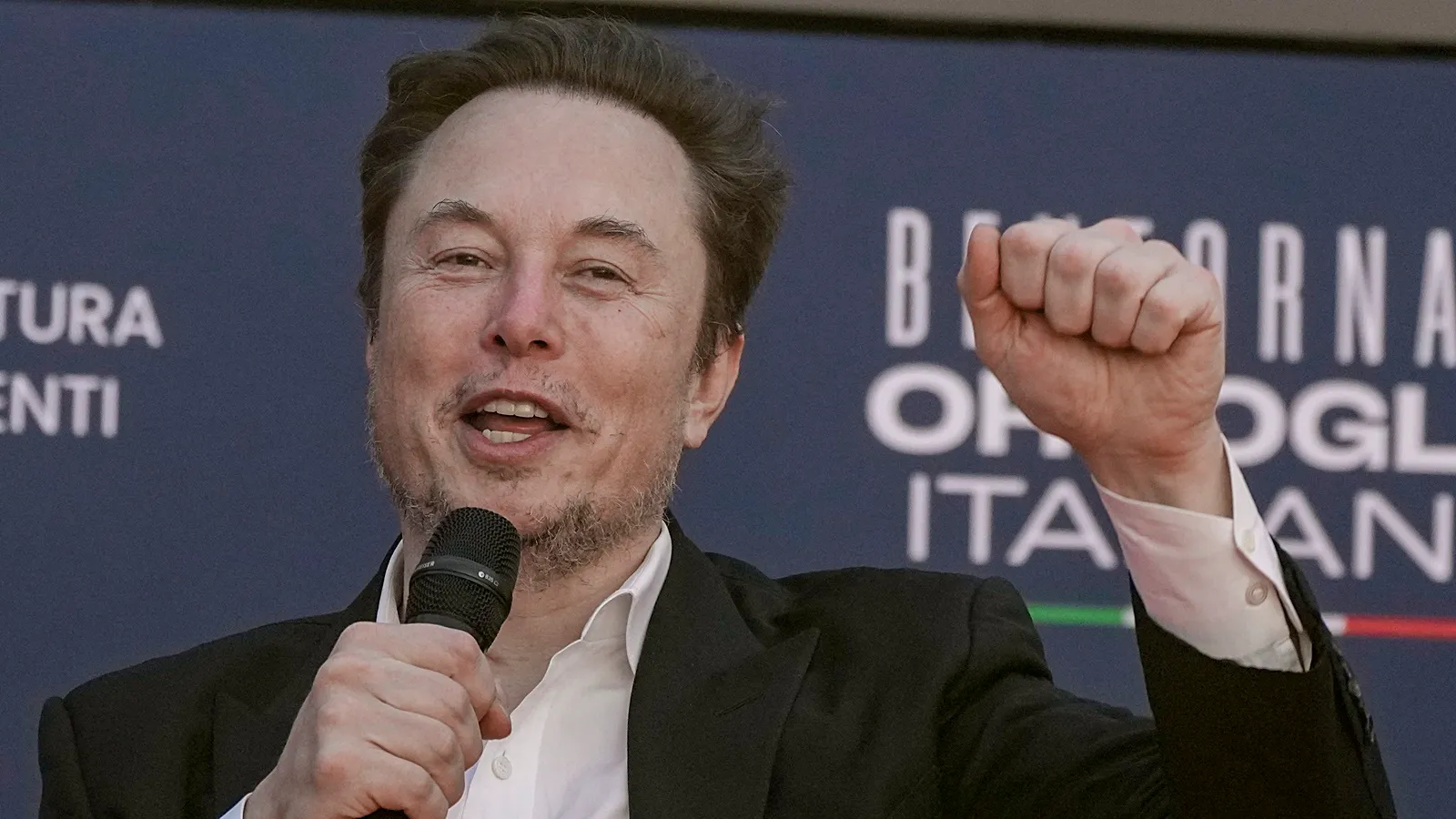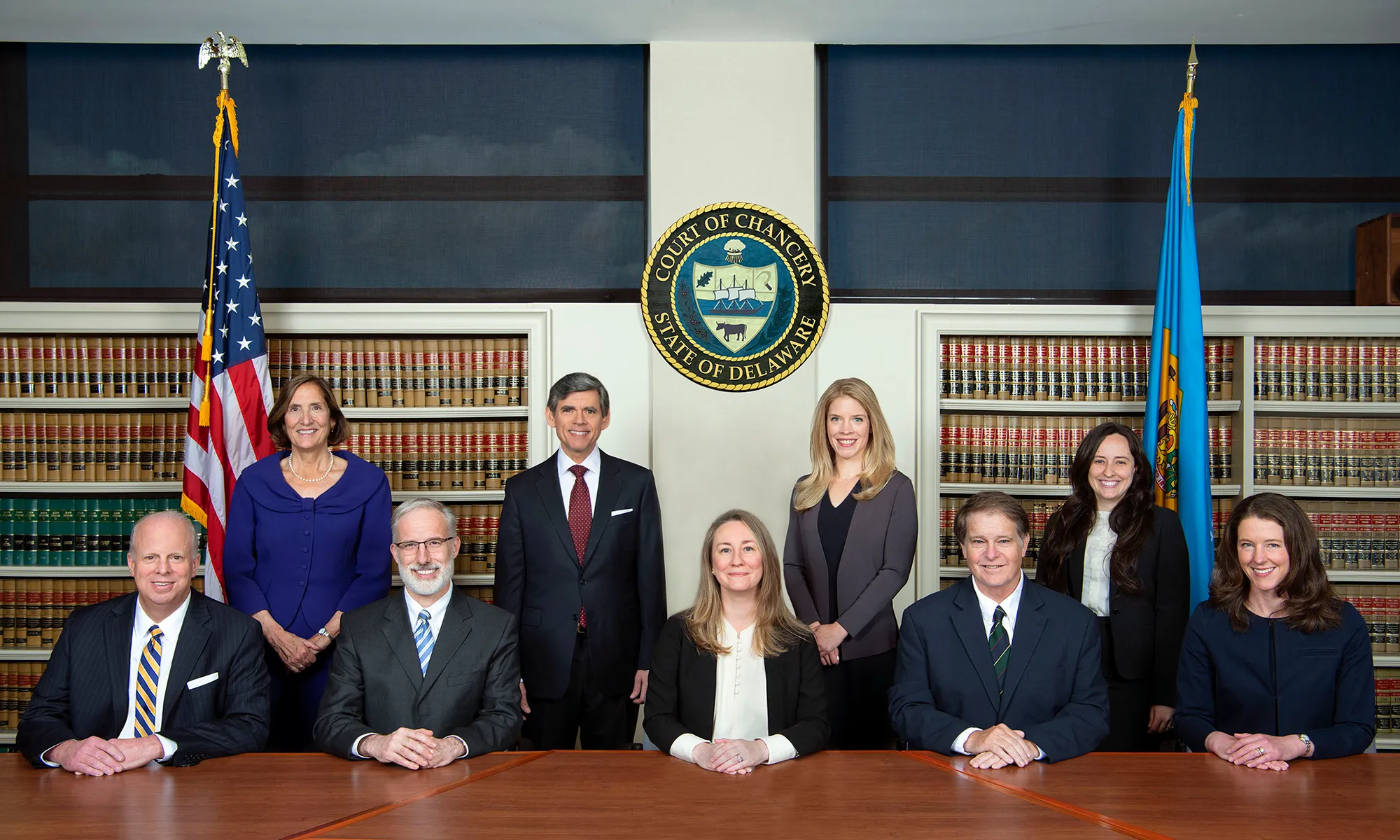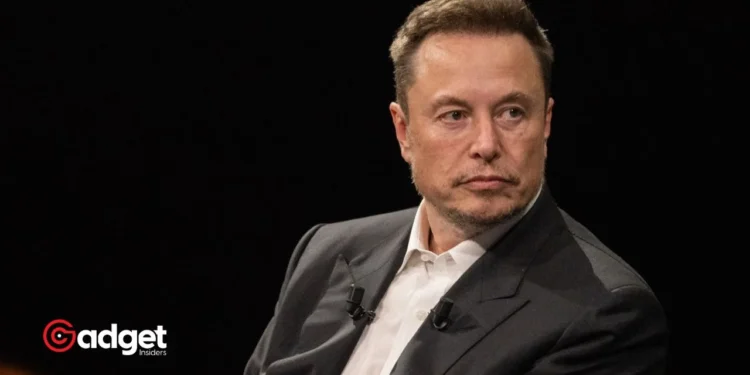In a compelling turn of events in the corporate legal world, a Tesla shareholder has taken a significant step against Elon Musk, the company’s CEO, in a Delaware courtroom. The shareholder, Richard Tornetta, has made a bold request to Delaware Chancellor Kathaleen McCormick, aiming to prevent Tesla from shifting its legal domicile to Texas. This move comes in the wake of a court ruling that voided Musk’s staggering $56 billion compensation package.

On April 24, 2023, amidst discussions at the AI Safety Summit in Bletchley, Britain, Musk did not comment on this latest legal hurdle. Meanwhile, Tornetta’s legal representatives argued passionately against Tesla’s attempt to “run from this jurisdiction,” highlighting the years of litigation that could be undermined by such a strategic relocation.
The Roots of the Dispute
The origins of this legal battle trace back to a 2018 agreement that provisioned Musk with stock options potentially worth up to $56 billion, conditional on Tesla achieving certain milestones—which it did. However, Chancellor McCormick, in January, struck down this pay package, deeming it “unfathomable” and criticized the negotiation process led by a board allegedly under Musk’s influence.
This decision sparked a series of criticisms from Musk towards Delaware and its judiciary, accusing the state of deterring corporations from relocating their legal bases. Tesla’s roots have been deep in Delaware soil for over two decades, making this potential move to Texas not just a logistical shift, but a significant strategic pivot as well.
Tesla shareholder lawsuit against Elon Musk’s Twitter denied by Delaware judge https://t.co/VTpkorLB6e
— Elon Musk News (@ElonMuskNewsOrg) May 20, 2020
Tesla’s Countermove and Shareholder Reactions
In response to the judicial setback, Tesla has initiated a somewhat obscure legal strategy, urging shareholders to “ratify” Musk’s 2018 compensation at the upcoming June 13 annual meeting. This maneuver seeks to legally reinstate Musk’s pay package, thereby keeping him incentivized and potentially countering the hefty $6 billion in attorney fees sought by Tornetta’s team.

Amidst this contentious backdrop, Tesla has also projected an optimistic business outlook, announcing plans for more affordable car models and forecasting a sales increase in 2025. This positive news helped Tesla’s shares surge by over 10% in early trading following the announcement.
Looking Ahead: Implications for Tesla and Corporate Governance
This case not only challenges the internal governance of the electric car manufacturer but also sets a precedent for how corporations handle adverse legal rulings. The outcome of this lawsuit could influence corporate America’s legal strategies and governance norms, especially in states like Delaware, known for their corporation-friendly legal environment. As the June meeting approaches, the automotive industry and legal communities alike are keenly watching to see if the electric car company can navigate through these legal challenges under Musk’s leadership. This showdown in Delaware could indeed mark a defining moment in the ongoing saga of one of the most closely watched figures in modern business.










